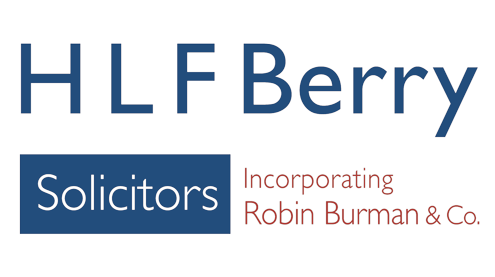Beware Of Pitfalls When Signing A Commercial Lease!
A commercial lease is an exciting but big step for your business and it’s crucial it’s done in the right way – and that you take into consideration all the many issues and potential pitfalls by speaking to a qualified commercial property solicitor before signing.
Commercial leases are legally binding for the tenant and landlord alike, providing the tenant with the right to use the rented area for the stated use and stipulating the amount and frequency of rent paid in exchange for this right to the landlord.
The terms and clauses of your commercial lease are important and must be considered and understood in detail before you sign the lease. Your solicitor will guide you through the process and ensure that you are legally protected at every stage in the proceedings, from having a survey or done in advance if needed through to clarifying if any stamp duty land tax (SDLT) is payable at the start of the lease.
Top Considerations When Signing A Commercial Lease
The information contained within your commercial lease enables you to conduct your business on a day-to-day basis by giving you all the legal flexibility and allowance you need, detailing the exact terms of the contract in terms of rent, responsibilities, obligations, and rights.
As a guide, these 5 issues are important in commercial leases and should be thoroughly checked before signing a lease:
Break Clause
This allows a tenant or landlord or both to formally end a lease before term end. The clause will set out certain conditions which must be met before the lease can be terminated, as well as the minimum period before the right to break.
Right To Renew
Depending on the needs of your business, you may want to include the right to renew your lease in the terms. Sometimes landlords ask a higher rent to compensate for this right, so be sure to check you’re happy with the terms of this right. At the same time, it is common that the landlord may specifically exclude the statutory right to demand a new lease at the end of the term in which case it is important that you fully understand the implications of this for your business.
Rent Review
A rent review allows the landlord to change the pre-agreed rental amount, usually in an upwards direction, and will state the frequency of these reviews as well as the criteria that will be applied when calculating the reviewed rent.
All Costs
There are usually costs on top of the rent, and depending on the lease you may be expected to cover part or all of these costs.
Insurance – the landlord will often arrange the building insurance in which case he will usually seek to recover the cost of this from the tenant.The tenant usually needs contents, public and employers’ liability insurance, depending on property type and terms.
Maintenance and Repairs – again, this depends on property type and terms, but often the landlord is responsible for structural repairs and the tenant may need to contribute towards these costs plus have responsibility for internal repairs and maintenance. Alternatively the lease may be granted on a full repair basis.
Survey – it may be advisable to have a survey carried out before signing a lease, particularly for long-term leases, to check there are no defects with the property. If defects are found, this detail needs to be factored into the terms of the lease and responsibility for repairs and ongoing maintenance stipulated. You can include a Schedule of Condition in the lease, which documents the condition of the property at the time of your lease and states you are not obliged to return the property in a better state to the landlord.
Registration
A lease granted for a term of 7 years or more is liable to compulsory registration at HM Land Registry and must therefore contain the prescribed lease clauses. The tenant must budget for the additional cost of registration.
Proposed Use
Planning permission may be required for the intended use of the property and tenants must check this permission and never assume that the landlord has permission for the intended use. An application to the local authority may be required prior to the completion of the lease.
A commercial lease can be a wonderful step for your business, if done in the correct way. Make sure your lease offers you the flexibility and rights you need and you know exactly what you are agreeing to in terms of responsibilities and obligations.
For specialist and tailored legal advice regarding a commercial lease for your business, please contact our commercial property solicitors at our Chorlton office on 0161 860 7123 or at our Failsworth office on 0161 681 4005 or email info@hlfberry.com






